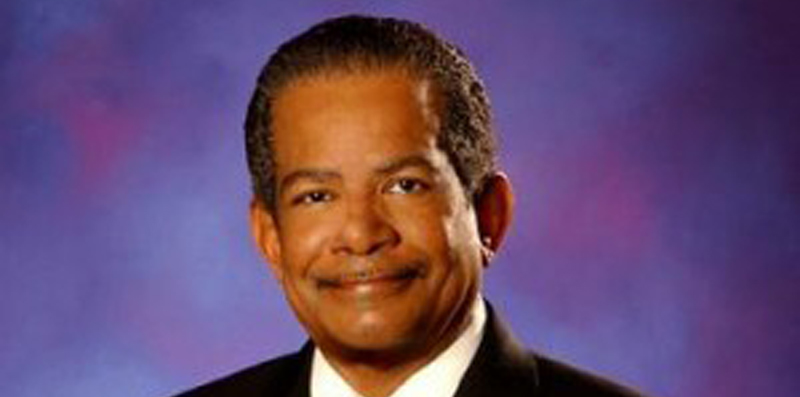
Debt on school bond referendum must be paid
By Othor Cain
Managing Editor
Six years ago, voters in Jackson took to the polls and voted overwhelmingly in favor of a $150 million school bond referendum to make needed repairs and build new schools.
That vote in 2006 has caused the Jackson Public Schools District to dip into its reserve funds to pay back debt service and will leave the district with less than $5 million in its reserve fund, less than the 7 percent required by state law. “Our reserves are so low that we’re almost broke. We can’t pay it like we have over the last three years,” Dr. Jayne Sargent said. “We need to do now what we should have done three years ago.
“What JPS should have done three years ago was reach out to the city of Jackson and inquire why the city had not raised its millage rate to pay for voter-approved bonds.”

When voters pass a school bond issue, the school district tells the city how many dollars are needed to pay the bond debt during each fiscal year. JPS has quietly over the last three years paid between $4 million and $5 million on the bond debt from reserve funds.
This is something that has to stop according to JPS officials. “We can’t dip into the fund balance anymore. This means we need the proper millage assessed so that we can meet our debt service on that,” JPS board member Dr. Otha Burton said.
The news of JPS being in dire straits and that the city had not done its due diligence to raise taxes accordingly caught some council members attending a special budget committee meeting by surprise.
“I think we are headed for a P.R. train wreck. It’s because there is language in the bond issue that has not been communicated to the public – as in – there will be a millage increase. The money’s just not going to fall out of the air and pay for this bond issue,” Ward 6 Councilman Tony Yarber said. “We must be honest with the citizens in Jackson.”
“If we’re going to put things out there, tell people we are going to get you $150 million if you vote yes to build new schools. We should also make it clear to them that we will have to pay for it, and it will be through a tax hike on property,” Ward 1 Councilman Quentin Whitwell said.
“The timing here is terrible when we talk about challenges. Ya’ll have them and you know firsthand that we have them,” Ward 7 Councilwoman Margaret Barrett Simon said.
Sherilyn Miller, JPS’s chief financial officer said that amortization of the $150 million debt during its 20-year lifetime can increase the payment in some years. The bond debt will increase by $2.3 million during the next academic year.
“It’s up to the city, based on local property values, to determine the new millage rate that will generate the tax dollars needed for each year’s bond payment,” Miller said.
One mill is equal to $1 of tax on every $1,000 of a property’s assessed value.
Although the district has not done an analysis, it likely will be between 3 and 3.5 mills according to district officials. This means that if a person owns property valued at $100,000, a 1-mill increase would be equivalent to a $100 tax increase.
Council President Frank Bluntson, who represents Ward 4, was worried that voters wouldn’t understand the issue and would seemingly think that it was the city council raising taxes. “People will say we are raising taxes on them, and I think we as a body of elected officials that controls the purse strings of this city should have been kept in the loop.
Mayor Johnson said, however, that because the district’s general operations budget stayed flat, it didn’t appear a millage increase was necessary.
JPS met with the mayor and his staff last week and all parties agreed it was time to take the conversation to another level and appear before the city council.
A millage increase must be approved by September to be included in the 2012-13-city budget. The deadline for the school budget adoption is June 26.




Be the first to comment